JustJazzie
Been spending a lot of time on here!
- Joined
- Jan 21, 2013
- Messages
- 3,793
- Reaction score
- 1,732
- Location
- Bailey, Colorado
- Can others edit my Photos
- Photos OK to edit
I signed up for amazon kindle unlimited today and snagged a few books to read. One of them, was supposed to be on boudoir photography posing. Im a little taken aback by the authors stance on her shots. Which, from what I see are pretty solid. Supposedly shes been in busniess for 10+years and runs workshops and whatnot.
Anyway, 2 chapters into the book she constantly says things like " I ONLY shoot continuos lighting, light meters, grey cards etc are just a waste of time." I ONLY shoot prime, zooms make you less creative" "I ONLY ever shoot at 1.2 or 1.4, thats my sweet spot, I love me some bokeh!" " I ALWAYS place one softbox 45º above the clients head" "I NEVER drop my SS below 1/640"
wait a minuet.... I feel like I am reading things on an internet forum filled with ammeters?! (and I'm not talking about you lovely TPF'ers, by the way)
On the one hand, I suppose at least you know EXACTLY what you are in for when you see her portfolio, but on the other, I just don't understand how someone could make an entire career out of limiting themselves to so many "ONLY's." I don't see how you can get creative when you ALWAYS use the SAME lighting setup, same aperture etc.
So school me please. Once you become a Professional, does your "brand" really place so many limitations on how you set up your shoot? (If so, I suppose it makes me happy that I will forever be a hobbiest- free to change my aperture, lighting, white balance and lighting setup at my leisure.)
Or should I just put this free (you get what you pay for) book down and run far far away...?
Anyway, 2 chapters into the book she constantly says things like " I ONLY shoot continuos lighting, light meters, grey cards etc are just a waste of time." I ONLY shoot prime, zooms make you less creative" "I ONLY ever shoot at 1.2 or 1.4, thats my sweet spot, I love me some bokeh!" " I ALWAYS place one softbox 45º above the clients head" "I NEVER drop my SS below 1/640"
wait a minuet.... I feel like I am reading things on an internet forum filled with ammeters?! (and I'm not talking about you lovely TPF'ers, by the way)
On the one hand, I suppose at least you know EXACTLY what you are in for when you see her portfolio, but on the other, I just don't understand how someone could make an entire career out of limiting themselves to so many "ONLY's." I don't see how you can get creative when you ALWAYS use the SAME lighting setup, same aperture etc.
So school me please. Once you become a Professional, does your "brand" really place so many limitations on how you set up your shoot? (If so, I suppose it makes me happy that I will forever be a hobbiest- free to change my aperture, lighting, white balance and lighting setup at my leisure.)
Or should I just put this free (you get what you pay for) book down and run far far away...?
Last edited:


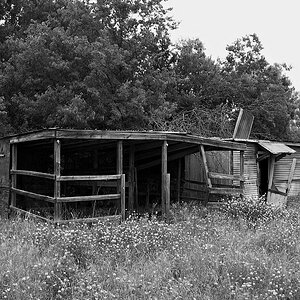

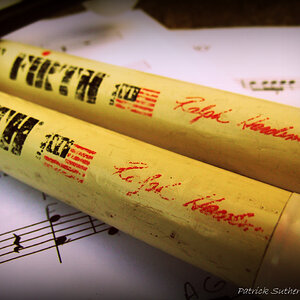
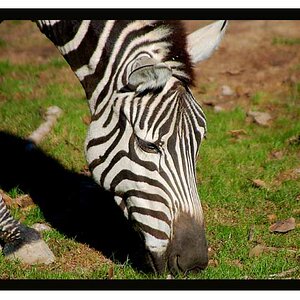
![[No title]](/data/xfmg/thumbnail/34/34064-66d345cd6eebe4b9f97597e03008d3b7.jpg?1619736260)
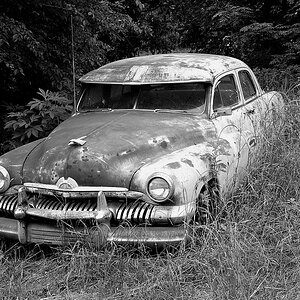
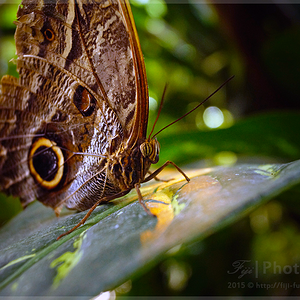
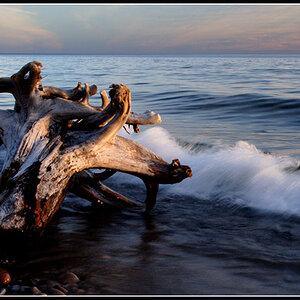
![[No title]](/data/xfmg/thumbnail/39/39289-c5ea6a611707fdd5786347f4a67d63ae.jpg?1619738957)
![[No title]](/data/xfmg/thumbnail/39/39291-a89dc472765e04f66f617dd9acc8030d.jpg?1619738958)